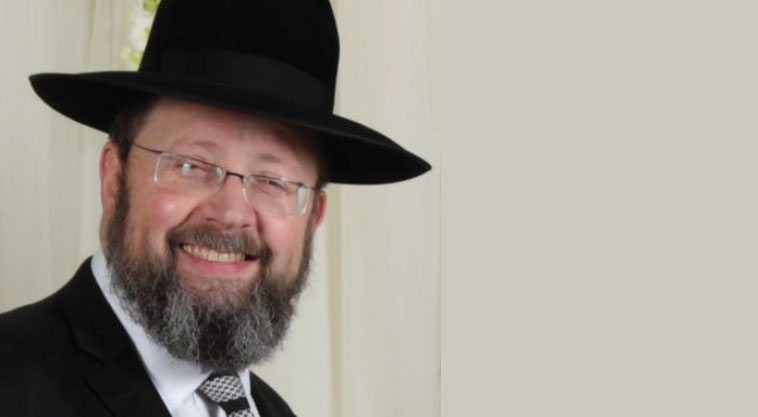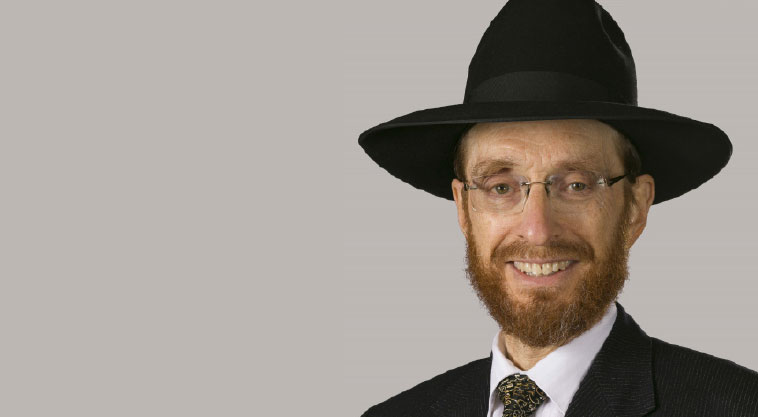Shared Space: Chapter 3


R
ich people things, Kivi thought as he pulled down the impossible ramp into the underground parking garage. They were meeting at Mike’s Bistro and Kivi knew that his father-in-law would order generously and tip abundantly — but when it came to parking, it was a Halb thing that they parked on 48th and Lexington, even if their destination was ten blocks away. Tatty was a partner in the building on Lexington, so the thinking was that the $60-an-hour parking fee was going back into his pocket, in some small way. Rich people, Kivi had learned, like the feeling of being frugal, even if their gestures have no real impact on the bottom line.
Kivi was driving one of the spare Halb work cars — he and Malky had pushed off the decision about car or van, what kind, new or used or leased, until after he found out what he’d be doing — and he was nervous about scratching it. The parking lot attendant was sitting on a metal folding chair and appeared to be staring at his own shoes, not moving. Kivi tapped gently on the horn, but the man didn’t budge. Finally, after what seemed like ten minutes, the smartly dressed attendant jumped up and nodded.
He waved Kivi out of the car and handed him a slip of paper. “Okay,” he said, shooing Kivi away so he could go back to looking at his shoes.
Kivi got to the restaurant first, just as he’d hoped. He imagined the scene if his father-in-law had arrived before him: Benjy Halb wouldn’t have said anything, but there would have been the slightest flicker of displeasure on his face as he commiserated about the traffic and the midtown gridlock.
Kivi had deliberated long and hard about what to wear. He knew his father-in-law would be wearing a suit and tie, but, as he’d explained to Malky, “I can’t do that, come dressed up like a bar mitzvah boy all of a sudden. He knows I’m coming from yeshivah, and to overdo it would make me look like an eager little loser. But a sweater is trying too hard, you know? It’s too Summit….”
The yeshivah-second-seder attire he’d decided on earned him a patronizing look from a young guy in a blue shirt opened half-way down, but as Kivi sat down at the bar to wait, he felt a sense of quiet privilege, a right to be here. In a few minutes Benjy Halb would walk in and the young guy with the open shirt would be impressed, as he — Kivi Denburger from Cleveland, Ohio, son of Hershel Denburger, mashgiach at the Jumping Jax Factory, even though on the resume it had called him a Kashrus Consultant — would be led to wherever they seated their best customers.
They would know. The maître d’ could tell the real thing from the flow of dating couples and anniversary celebrants and tourists from whereverland.
(Excerpted from Mishpacha, Issue 708)
Oops! We could not locate your form.





